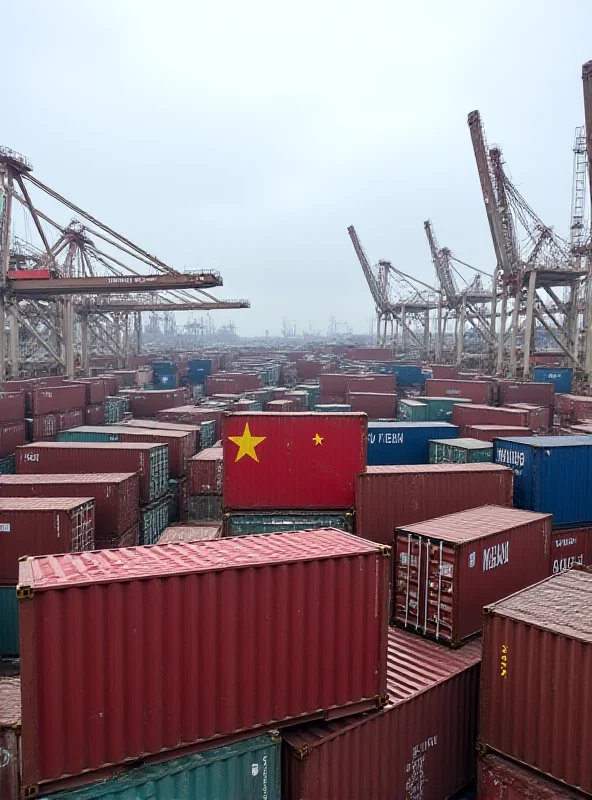The global business landscape is undergoing significant shifts, marked by escalating trade tensions, regulatory changes in the cryptocurrency market, and renewed pressure on Iran's oil sector. These developments signal a period of uncertainty and potential disruption for businesses worldwide.
Crypto Truce? SEC Abandons Key Lawsuits
In a surprising move, the US Securities and Exchange Commission (SEC) appears to be easing its stance on the cryptocurrency industry. Regulators have seemingly called a truce, bringing an end to years of legal conflict. This decision effectively abandons major crypto lawsuits, potentially paving the way for greater clarity and stability in the digital asset market. What this means for the future of crypto regulation remains to be seen.

“The SEC’s apparent change of heart could signify a new era for cryptocurrencies in the US,” says one industry analyst. “Less legal uncertainty could attract more investment and innovation.”
Iran's Oil Sector Under Pressure
Meanwhile, Iran's oil sector is bracing for impact as the United States revisits its "maximum pressure" strategy. This policy signals a potential intensification of economic sanctions and geopolitical tensions, which could significantly affect Iran’s oil industry. The anticipation of renewed sanctions is causing concern within the Iranian energy sector, impacting operational stability and long-term investment prospects.
China Retaliates Against Trump's Tariffs
Trade tensions between the US and China continue to escalate. China has suspended import licenses for soybean from three American companies and halted imports of sawn wood from the USA. This move intensifies China's retaliation after President Donald Trump imposed additional tariffs on Chinese products. These measures highlight the ongoing trade war and its potential consequences for businesses in both countries.

Trump's tariffs are not only affecting China but also neighboring countries, the European Union, and Brazil. Since taking office, Trump has been announcing the imposition of tariffs on imported goods, and this wave of tariffs keeps growing, with some already in effect. The expanding range of tariffs is creating uncertainty and impacting businesses across multiple sectors and regions.

These interconnected developments – the SEC's shift in crypto regulation, the renewed pressure on Iran's oil sector, and the escalating trade tensions between the US and China – underscore the complex and dynamic nature of the global business environment. Businesses must remain vigilant and adapt to these evolving circumstances to navigate the challenges and capitalize on emerging opportunities.
